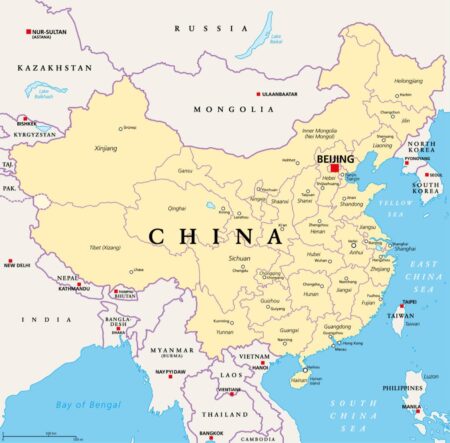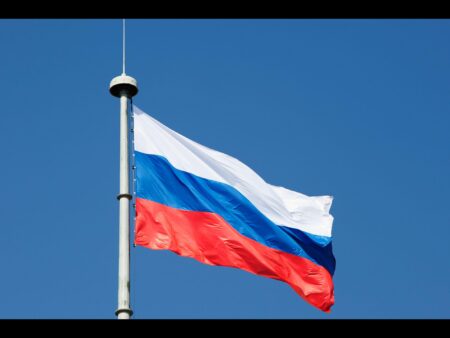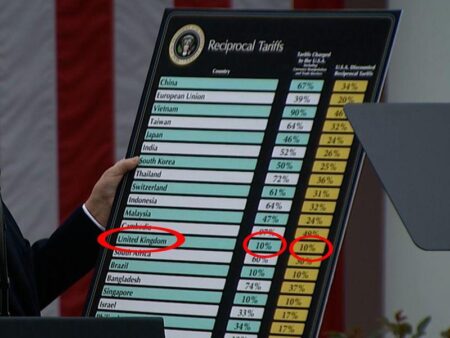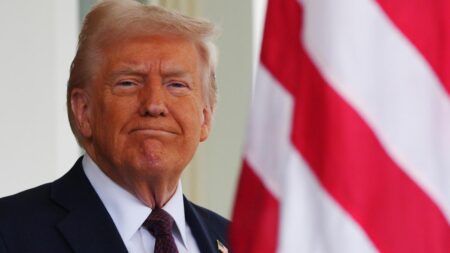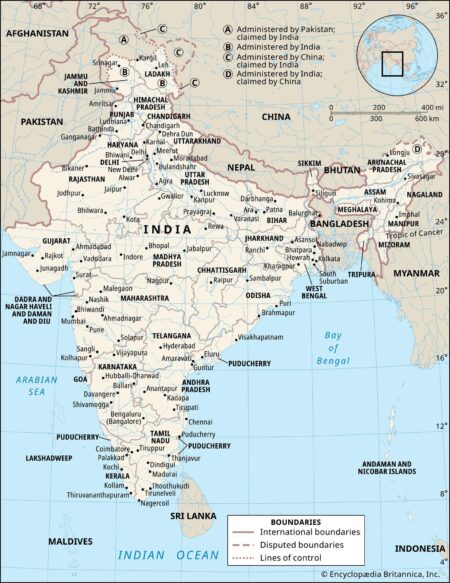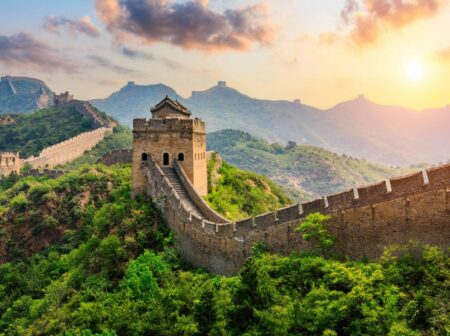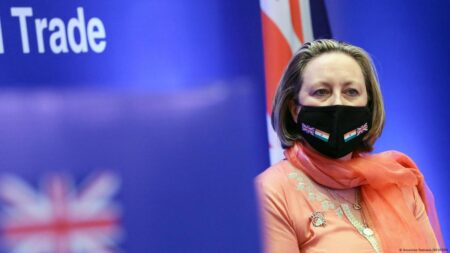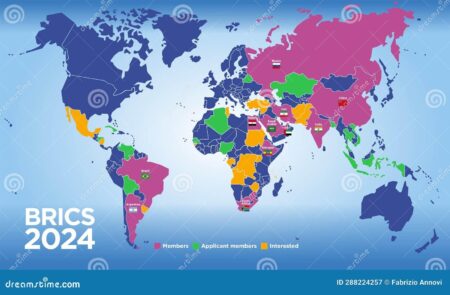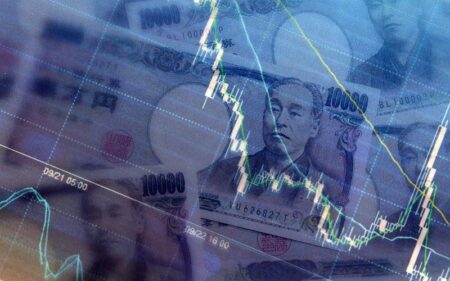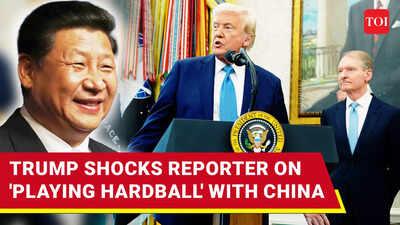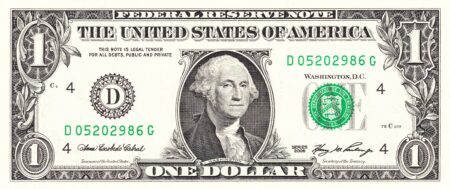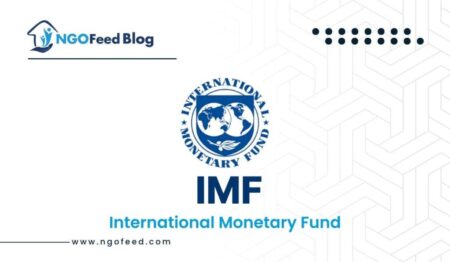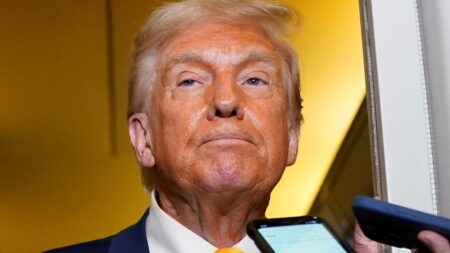China’s bold gold-buying spree has captured global attention. In a time of economic uncertainty and currency fluctuations, Beijing is on a mission to strengthen its financial stability and lessen its dependence on the U.S. dollar, all while establishing itself as a powerful contender in the international market.
Browsing: global economy
In a striking move, Russia has dramatically increased its budget deficit forecast for 2025, now tripling the previous estimate. This shift comes as worries mount over persistently low oil prices. The government is sounding the alarm, cautioning that ongoing fluctuations in the energy market could jeopardize the country’s fiscal stability.
Amid the rising trade tensions sparked by Trump-era tariffs, Mark Carney passionately champions a united G7 strategy to combat protectionist measures. His urgent plea for collective action highlights the critical importance of safeguarding free trade and ensuring global economic stability.
The International Monetary Fund has unveiled a detailed evaluation of the People’s Republic of China’s financial sector, shining a light on potential systemic risks and proposing vital reforms to enhance stability. These insights emphasize the importance of remaining alert in the face of economic uncertainties.
China’s factory activity is facing a downturn as escalating tariffs create a challenging trade environment. This contraction highlights rising worries about dwindling demand and soaring costs, all while international trade tensions cast a shadow over the manufacturing sector
Petrobras is on an exciting mission to draw in Chinese investments to Brazil’s naval sector, with the goal of supercharging local shipbuilding capabilities and strengthening economic connections. This initiative represents a bold step towards modernizing Brazil’s maritime industry and ramping up offshore production.
In a recent announcement, the Bank of Japan (BOJ) has chosen to keep its interest rates steady, highlighting the current economic stability. However, officials voiced their worries about looming risks from US tariffs that could pose challenges to Japan’s export-driven economy.
Trump’s tariffs are shaking up global supply chains, causing a ripple effect of rising costs for both manufacturers and consumers. As businesses grapple with delays and the daunting maze of trade barriers, they find themselves in a state of heightened uncertainty. This turmoil not only complicates their operations but also poses significant challenges to our broader economic recovery efforts.
India is ramping up its efforts to seal a trade deal with the Trump administration, striving to strengthen economic connections in the face of escalating tensions. As discussions intensify, both countries are working diligently to tackle intricate trade challenges and align their mutual interests in the region
In a lively back-and-forth, China took a jab at former President Trump’s tariffs as both countries delve into strategies to cushion the economic blow. With tensions still simmering, officials are actively considering various options to tackle the trade repercussions affecting their industries and consumers
California has officially outpaced Japan, claiming the title of the world’s fourth-largest economy! This remarkable achievement is fueled by a thriving tech sector and relentless innovation. This transformation underscores the rising economic clout of U.S. states on the global stage, positioning California as an essential powerhouse in the world economy.
As pivotal trade discussions with the U.S. loom, UK Treasury chief James Reeves has taken a moment to address the concerns voiced by former President Trump about the state of the global economy. Reeves underscored that working together is essential to tackle our shared economic hurdles.
BRICS nations are embarking on an exciting new initiative to strengthen the global economy, as revealed by a Brazilian official. This groundbreaking mechanism is designed to boost financial collaboration among member countries, marking a strategic step towards amplifying their collective impact in international markets.
In an exciting development, U.S. Treasury Secretary Scott Bessent revealed that India is poised to become the first nation to ink a landmark trade agreement with the United States. This groundbreaking deal promises to strengthen economic connections and elevate collaboration between these two dynamic countries.
In a pivotal meeting, finance leaders from Japan and the United States gathered to tackle the pressing issue of fluctuating currency rates. These discussions are not just about numbers; they aim to enhance economic stability and strengthen bilateral relations in the face of growing global financial uncertainties.
In light of President Trump’s attempts to smooth over trade tensions, a wave of skepticism has swept across China. Analysts and officials alike are voicing their doubts, casting a critical eye on the sincerity of these gestures. With tariffs still in place and economic frictions simmering, many are left wondering if this olive branch is genuine or just another political maneuver.
France has raised a red flag, cautioning that dismissing Federal Reserve Chair Jerome Powell could spell trouble for the U.S. dollar and shake up the economy. French economic officials warn that this drastic step might undermine market confidence and trigger financial upheaval.
Treasury Secretary Bessent issued a stark warning about the ongoing trade war with China, declaring it “not sustainable.” She stressed the urgent need for a collaborative approach to tackle tariff disputes. Her comments resonate amid rising worries about economic stability and the state of international relations.
The International Monetary Fund has adjusted its growth forecast for the UK, reflecting the persistent influence of Trump’s tariffs on the global economy. This revised outlook raises alarms about escalating trade tensions and their far-reaching consequences for economic stability.
In a bold statement aimed squarely at China, former President Donald Trump has accused the nation of “cheating” on tariff agreements. His comments arrive during a time of heightened trade tensions, as he calls for more robust actions to safeguard American industries from unfair competition.

